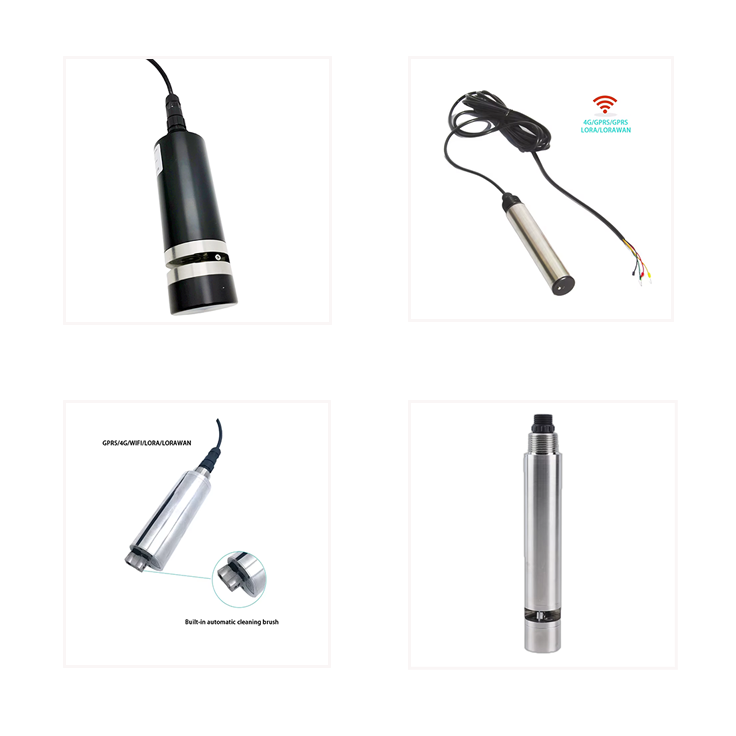1. Deployment of advanced water quality monitoring system
In early 2024, the U.S. Environmental Protection Agency (EPA) announced a new plan to deploy advanced water quality monitoring systems, including turbidity sensors, across the country. These sensors will be used to monitor the quality of drinking and surface water to ensure public safety. Through real-time data transmission, these sensors are able to detect changes in the concentration of pollutants in the water in time.
2. Application of turbidity sensor in agricultural irrigation
In Israel, researchers are developing a new type of turbidity sensor specifically for water quality monitoring in agricultural irrigation. Recent research shows that real-time monitoring of water turbidity and other parameters, such as pH and conductivity, can effectively improve irrigation efficiency and reduce water waste. This technology has received a lot of attention from the agricultural industry and is expected to be widely used in the future.
3. Application in urban water quality monitoring projects
An urban water management plan in Singapore recently introduced several turbidity water quality sensors to monitor water quality changes in rivers within the city. The introduction of this technology helps to quickly identify sources of pollution and take appropriate measures. This initiative is in response to the water quality challenges brought about by the urbanization process to ensure the health and safety of urban water bodies.
4. Turbidity monitoring in environmental projects
In Africa, several countries have jointly launched an environmental project that aims to use turbidity water quality sensors to monitor water quality changes in lakes and rivers to combat water pollution and ecological degradation. This collaborative model is supported by international funds to promote sustainable water management.
5. Turbidity monitoring combined with artificial intelligence
In the UK, researchers are exploring the possibility of combining turbidity water quality sensors with artificial intelligence (AI). Their goal is to use machine learning algorithms to analyze large amounts of water quality data to more accurately predict water quality trends. The research is expected to provide new tools and methods for water management.
Sum up
The application of turbidity water quality sensors is constantly expanding, and the efforts of various countries in water quality monitoring, environmental protection and water resources management show that the importance of turbidity monitoring technology is increasing. The above are the latest developments and news about turbidity water quality sensors in the world. If you need more detailed information or are concerned about a particular event, please let me know!
We have multiple turbidity sensors with different model parameters, welcome to consult
Post time: Oct-22-2024


